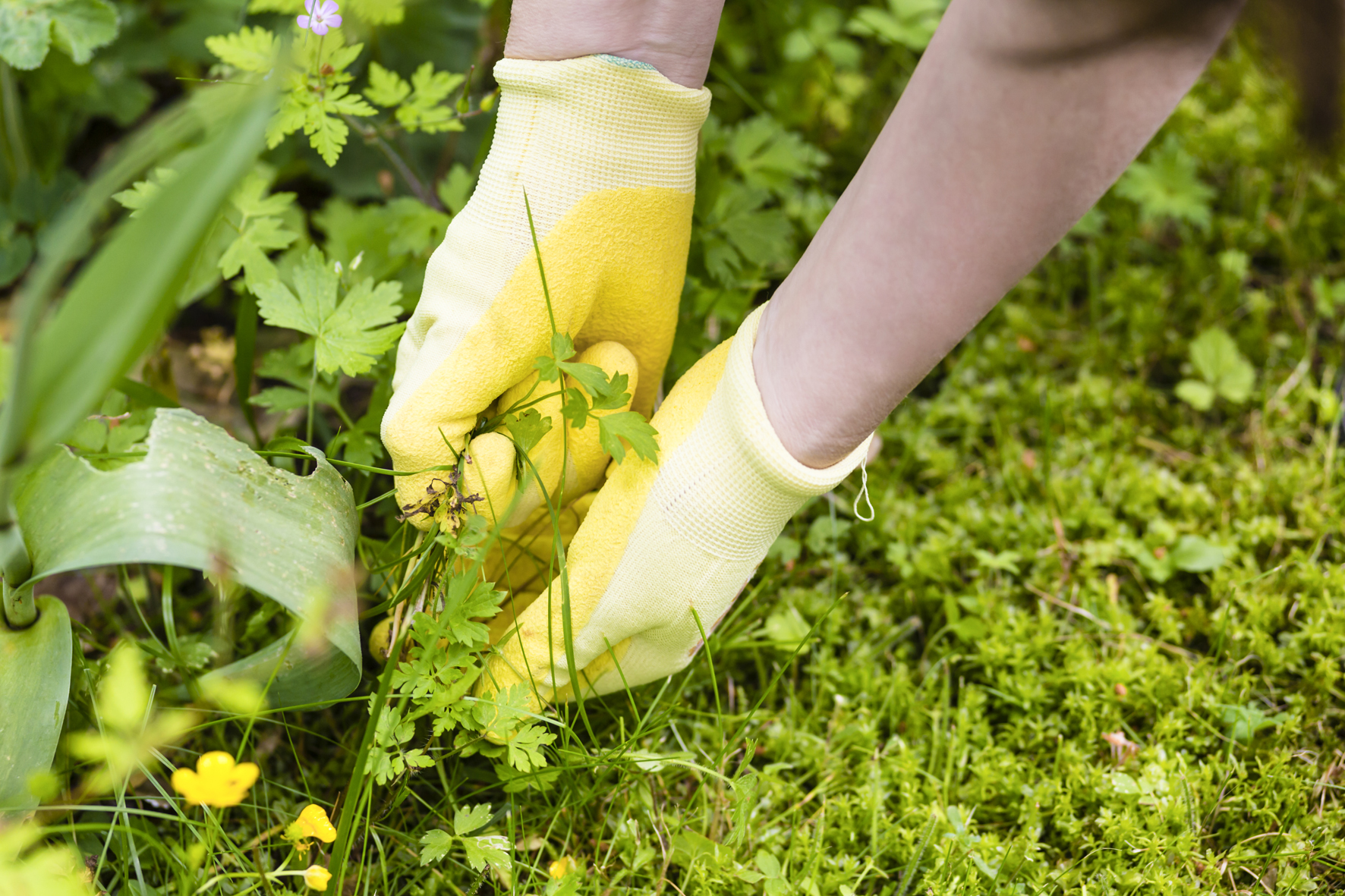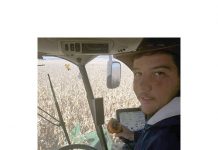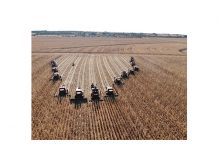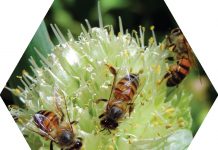
operations and stewardship manager, CropLife South Africa
In a country that is often compared to the most advanced farming nations in the world, farm workers are an important component of the agricultural success story. A healthy work force is a valuable asset; producers need to ensure that workers do not face undue risks while working.
Pesticides – insecticides, fungicides, herbicides, plant growth regulants and adjuvants – are compounds that are potentially hazardous to human beings. Farm workers most often handle and apply these essential plant protection products, with varying levels of risk to themselves and the environment. The safe handling of pesticides should be gospel on farms. Sometimes, however, there are incidents of undue exposure because of irresponsible practices – often with dire consequences to those who were exposed.
Limiting access is the starting point
Not all farm workers need to be involved with pest management on the farm, therefore producers should hand-pick those who show a high level of responsibility to work with pesticides. The pesticide store manager is the first defence against any pesticide risks. He or she is responsible not only for stock control and dispensing of plant protection products, but should also oversee and supervise the preparation of spray mixtures. It is essential to equip this valuable person with the best set of personal protective clothing that money can buy. The store manager’s most important task is access control. No one apart from the store manager and the producer must have access to the pesticide store.
Using personal protective clothing is not negotiable
Certain elements of personal protection are universal for all, such as full body cover in the form of an overall (mostly good quality cotton will suffice), butylene rubber boots and long butylene rubber gloves.
A hat is highly recommended, while some form of facial cover is also required. This may be a simple eye shield to prevent spray drift from contaminating the eyes, to something more elaborate like a chemical breather mask when working with highly toxic
pesticides such as methamidophos during spray mixture preparation. It is not only required to prevent the inhaling of spray mist, but also to prevent the discomfort of the putrid odour of many organophosphate insecticides. The filter canister must be replaced regularly to ensure the breather mask functions properly.
 Simple protection for spray operators
Simple protection for spray operators
The spray operator is the one who is perhaps at greatest risk of undue exposure to pesticides, because of the nature of the work. Fortunately, the risk is generally low due to the significant dilution of the pesticide in the spray tank. However, this does not warrant a slack approach. Full body cover (overall), rubber boots, rubber gloves, hat as well as nose and mouth cover are required to keep the worker safe. Knapsack spray operators should also wear a polyethylene apron back to front to protect the back against spray mixture dripping from the knapsack. Once the work has been completed, the worker needs to clean the personal protective clothing, wash the hands and face and take a shower to decontaminate the body. When working with tractor boom sprays, this set of clothing is adequate, but a mist blower requires total facial cover because inhaling the fine mist and eye contact become real risks.
Advanced protection for spray mix preparations
Preparing spray mixtures is a risky business due to the high concentration of the active ingredients in the formulation. Here the worker must wear full protection plus a facial cover and a splash-proof apron, especially when pouring liquid concentrates into measuring beakers or directly into the spray tank. A splash of glyphosate can at worst burn the skin, but a splash of chlorpyrifos or paraquat may cause more serious problems. Prevention is better than cure. As with spray operators, such specialist workers need to clean their personal protective clothing after work and sanitise themselves properly.
No eating, drinking or smoking
Eating, drinking or smoking are high risk activities as it offers an easy conduit for pesticides to enter the body. It is best to allow ample time for the removal of gloves and facial covers, to wash the hands and face properly and then proceed to eat or drink. Food and drinks should not be allowed anywhere near a pesticide store or in fields where pesticides are being applied.
Compromised individuals must not work with pesticides
Any person will fall ill at some time or another. Ailments such as common colds, influenza and gastroenteritis are reasons for not allowing people to work with pesticides. While the body is fighting a medical condition, it may not be able to cope with even a small exposure to pesticides. The liver is a wonderful detoxification organ, but it will battle to fend off endotoxins produced by a microbial infection as well as some pesticides that enter the body.
Re-entry after spraying crops
Pesticide labels will show what the safe pre-entering interval is under Warnings and Precautions. That is to allow the pesticide molecules to metabolise sufficiently to minimise the risk to producers and farm workers. Should farm workers have to work in treated crops for whatever reason before the re-entry time has expired, they need to wear the full set of protective clothing and decontaminate themselves and their clothing afterwards.
Farm worker family safety
Most farm workers and their families live on farms and often close to crop fields. Before any spraying commences, family members should be evacuated to safe areas until the spraying has been completed. Also warn them not to enter the treated crops for at least seven days as an additional safety measure. This is also important for their livestock, chickens and dogs – keep them out of treated areas. Instruct workers to warn passers-by to evacuate and stay away from the spray area. When applying very toxic products such as paraquat or chlorpyrifos to a crop, warning signs have to be put up to inform people that it is a high-risk area and that they must not enter or approach it.
Continued training on the safe use of pesticides
Training is a never-ending process and since these are potentially dangerous substances, farm workers need to be trained on a continuous basis to embed the principles of responsible use in their minds. Many of the CropLife SA supply and distribution members offer training or at least assist with training of producers and farm workers. Contact your CropLife SA accredited crop advisor and ask for assistance with farm worker training. CropLife SA members have access to a series of booklets on responsible use in eight languages that are invaluable for farm worker training. Farm workers with higher education levels may even consider enrolling for the CropLife SA Basic Crop Protection course that is an online AgriSETA-accredited course. For enquiries contact CropLife SA on info@croplife.co.za or visit www.croplife.co.za.
No empty containers for farm workers
One of South Africa’s worst agricultural legacies is the practice of giving empty plastic pesticide containers to farm workers. If food or beverages are stored in such containers, the outcome is a guaranteed human catastrophe. There have been a number of incidents where farm worker families have been poisoned because they used empty containers for drinking water or cooking oil. Empty containers must be triple-rinsed and disposed of via one of the CropLife SA approved service providers who collect and recycle empty plastic pesticide containers. See Container Management on the CropLife SA website.
Emergency situations
Should a farm worker accidently be exposed to or ingest any pesticide, immediately call the emergency helpline on 082 446 8946 for advice and support. Do not give the person milk, water or anything else to drink, unless strictly advised so by the poison information centre. Whatever the level of exposure was, does not change the fact that such a person needs professional medical attention. The poison information centre will only advise how to stabilise the person and what the first steps after that should be. Healthy farm workers are a great asset to a farm; they should be adequately trained, properly informed and appropriately clad in protective clothing.

















